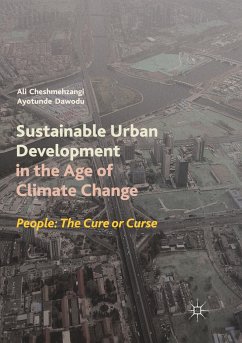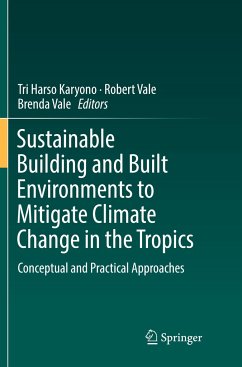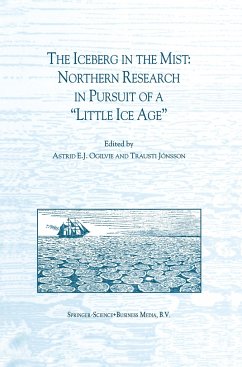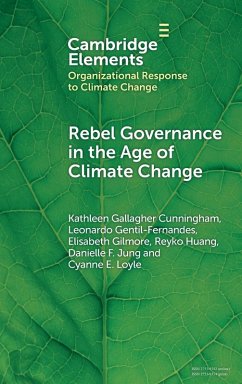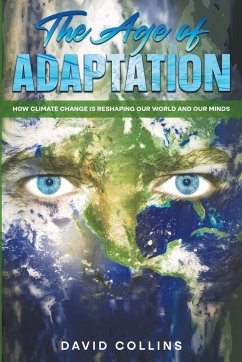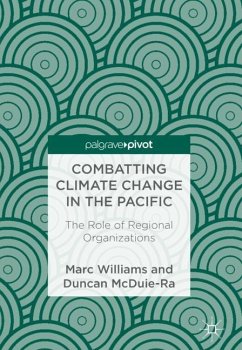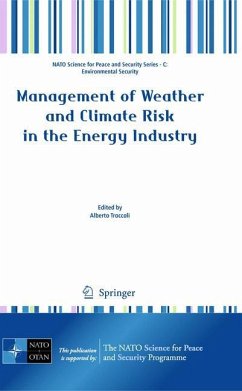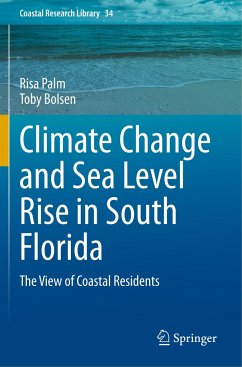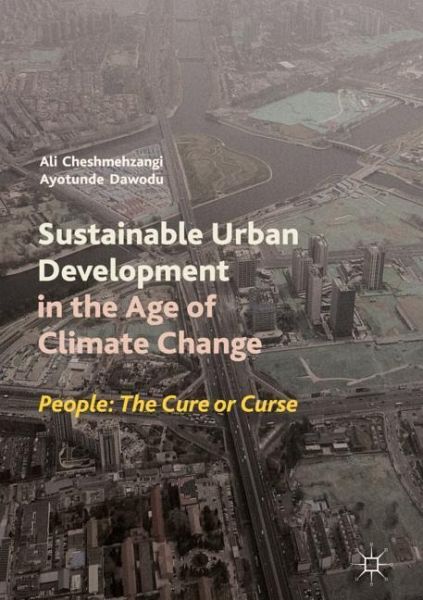
Sustainable Urban Development in the Age of Climate Change
People: The Cure or Curse
Versandkostenfrei!
Versandfertig in 6-10 Tagen
76,99 €
inkl. MwSt.
Weitere Ausgaben:

PAYBACK Punkte
38 °P sammeln!
This book considers the impact of climate change on cities, advocating that people are the panaceas and antidote to mitigating climate change, by enhancing their involvement in achieving sustainable development Goals (SDGs). This leads to the development of an SDG best practice participation template, which is supported by an extensive checklist of the 'whats' and 'hows' in participatory processes. Using case studies, extensive literature reviews and meta-analysis to make a case for a people-centric and integrated approach to sustainable urban development, it examines the role of governance in...
This book considers the impact of climate change on cities, advocating that people are the panaceas and antidote to mitigating climate change, by enhancing their involvement in achieving sustainable development Goals (SDGs). This leads to the development of an SDG best practice participation template, which is supported by an extensive checklist of the 'whats' and 'hows' in participatory processes. Using case studies, extensive literature reviews and meta-analysis to make a case for a people-centric and integrated approach to sustainable urban development, it examines the role of governance in climate change, focusing on decision making processes, policies and regulations, as well as focusing on the significance of a people-oriented approach on climate change and cities. Through an extensive global outlook, this book highlights bottom-up methods of implementing and achieving sustainable urban development in the age of climate change. These highlights should help to develop new mindsets, new strategies, new directions and new policies, through which we can see a more sustainable approach to urbanisation and urban development globally, which can start 'equipping future generations with the tools for them to help their future generations'.



